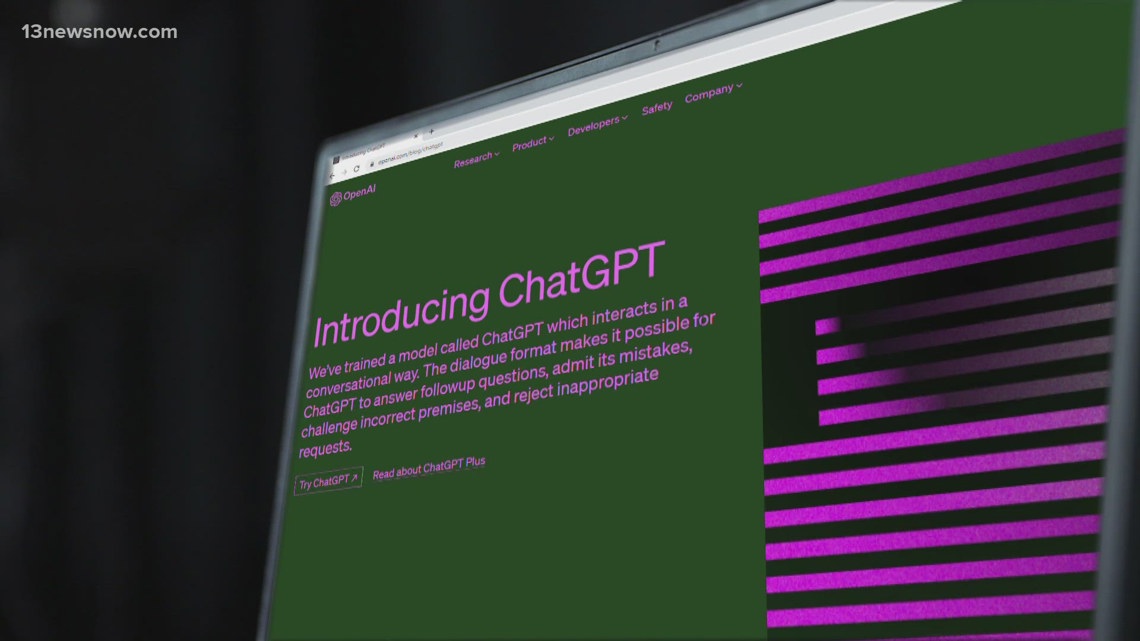
Artificial intelligence experts weigh in on AI usage in classrooms
作者:Author: Leila Cox
The use of generative artificial intelligence is causing a divide in classrooms nationwide.
VIRGINIA, USA — It's almost the beginning of the school year, and classwork and homework may look a bit different with the rise of artificial intelligence.
Experts say public schools nationwide, including here in Hampton Roads, are finding ways to use AI. But the use of generative AI is causing a divide in classrooms and at home.
Despite concerns, a growing number of teachers are embracing artificial intelligence in the classroom. But what does incorporating AI into everyday classrooms look life for educators, students and parents?
Artificial intelligence in classrooms can be a powerful tool, and while some experts believe AI has potential, other experts say there are several challenges.
Experts say the use of AI in schools can positively assist educators in tasks like sending out emails, planning assignments, mapping out bus routes and creating individualized learning opportunities.
But on the contrary, other experts warn that artificial intelligence is simply an easy shortcut for students.
Dr. Patrick Dicks is an educator and AI expert. He says students using AI for schoolwork has raised concerns about over-reliance.
"The problem that you're going to run into is the technical and analytical thinking ability of students K through 12," said Dicks, "You're telling students to go do research and create something and students don't know that means to just go get the information. Now, they are using AI to write their whole assignments and solve mathematical equations."
Professor Casey Cuny sat on the Smithsonian National Education Summit Advisory Panel in July.
Cuny tells 13News Now he works to transform classrooms every day by bridging the gap between school instruction and purposeful AI usage.
"I try to teach kids how to use it learn, not use it to cheat, and we have lots of conversations. There is new research that shows talking with your students actually lowers the cheating. The kind of 'I'm not going to talk about it' approach is really a mistake," said Cuny.
The AI advocate says educators need to first grasp the concept of AI literacy so their students can succeed. And if used right, Cuny says AI can make learning more enjoyable for some of the most underserved students.
"We have kids who do not have support, who do not have anybody at home to look over their shoulder and tutor them on that algebra. But now if we teach them to use AI, they do have that tutor sitting there. This could really have profound impact on equity and helping our most vulnerable students really achieve at levels we've never seen," said Cuny.
Dicks and Cuny agree that integrating artificial intelligence in schools is inevitable. But while Dicks says advancements in technology can lead to people losing jobs, Cuny says AI will never eliminate teaching jobs but instead will become a useful assistant in the education world.
As school approaches, experts also say to check your school's artificial intelligence guidelines and policies on their district website.
